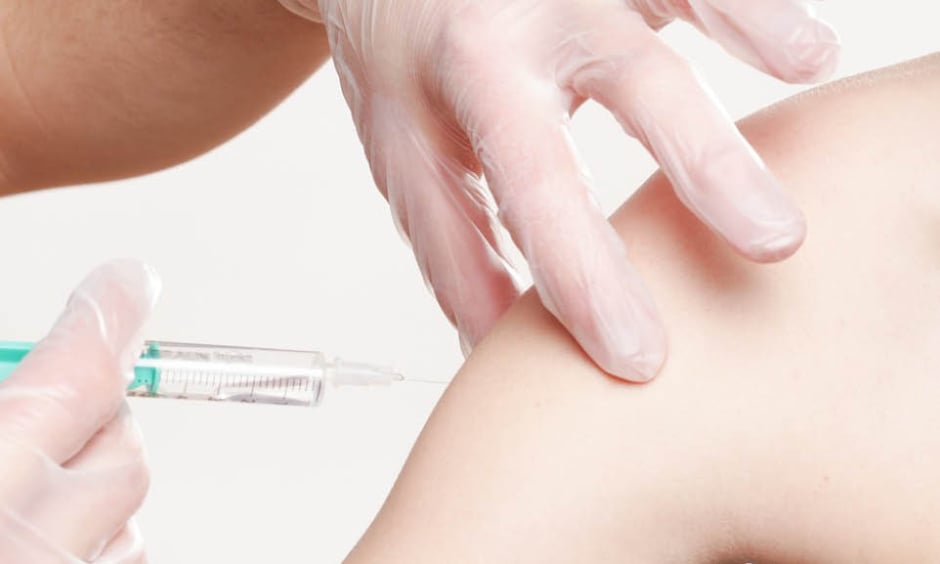Gout is caused by sodium urate crystals formation in joints, resulting in sudden and severe joint pain. Research had shown that the inflammatory response leading to clinical manifestations of gout occurred following the activation of the NLRP3 inflammasome and the release of interleukin-1β. In a previous study, an association between vaccination and gout had been identified during a Phase III clinical trial for recombinant zoster vaccine that displayed a 3.6-fold increased risk of gout in vaccine recipients. The recombinant zoster vaccine contains a non-aluminium adjuvant that is also thought to activate the NLRP3 inflammasome. In other adult vaccines including: tetanus, diphtheria, pertussis, and hepatitis B, aluminium adjuvants are contained which also have been shown to activate the inflammasome pathway.
Dr Hyon Choi et al. of Massachusetts General Hospital (MGH) and Harvard Medical School in Boston, Massachusetts, USA, examined the possibility of these vaccines inducing gout flares in their latest study. In total, 517 gout patients were recruited between 2003 and 2010. In these patients, the mean age was 55, mean disease duration was 7.9 years, almost 80% were male, and the majority were of white ethnicity. Every 3 months during a 1-year follow up, participants logged their gout flare occurrences onto the study website. They answered questions about alcohol, purine, medication, and vaccination exposure in the 2-day hazard period prior to the flare. Results showed that, compared with periods when no vaccines were administered, the crude odds ratio of a gout flare during the 2 days after vaccination was 2.16 (95% confidence interval: 1.14–4.12). Post adjustments for alcohol consumption, diuretics treatment, and purine intake reveal that the crude odds ratio for flare during the 2 days post vaccination was 1.99 (95% confidence interval: 1.01–3.89). Fellow researcher, Dr Chio Yokose, also of MGH states “our findings are novel because for the first time, we have identified a trigger for gout flares that presumably acts through the inflammasome pathway, as opposed to changes in serum urate”.
Considering their findings, Dr Yakose cautions that the overall risk of gout flare was low, and “we are not advocating that patients with gout opt out of vaccines recommended by their doctors based on the findings of our study.” He also notes “future studies could investigate the ability of prophylactic anti-inflammatory medication use, such as with colchicine, on mitigating the risk of gout flares associated with vaccination without compromising vaccine efficacy.”








